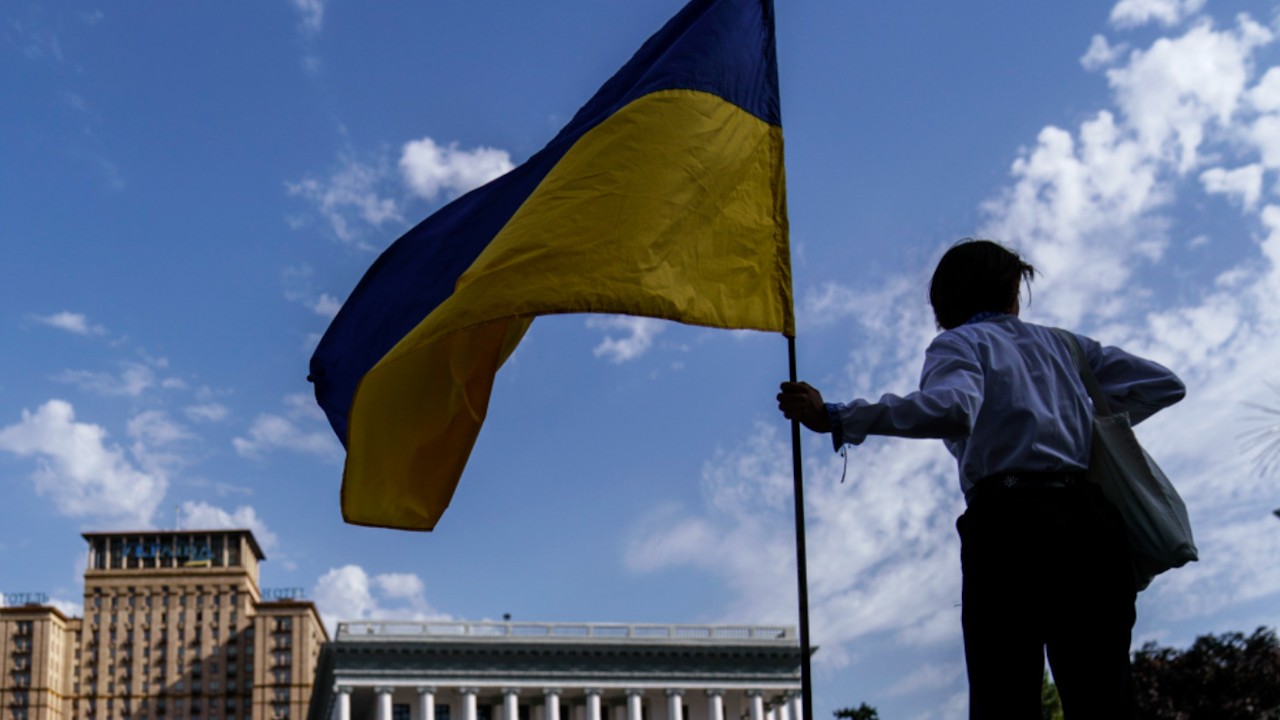
Supply chains changing for good is why inflation is here to stay
- So many distractions have taken attention from supply chains that the danger of the world’s vital economic organs collapsing has been concealed from view
- In the absence of voices of reason, political leaders are being led by the nose into recession, possible economic depression or even outright conflict
So many distractions have diverted attention from the supply chain issue – notably the Covid-19 pandemic, US-China tensions, Russia’s invasion of Ukraine and so on – that the very real danger of the world’s vital economic organs collapsing and ceasing to function has been concealed from view.
But continuing inflation is a symptom that should be warning us that all is not well with the global economic system. The malaise has gone from being acute to chronic – in the words of medical practitioners – meaning that it is not of a short-term nature but a long-term, perhaps even terminal one.
A crisis is rapidly approaching, brought about in part by the US refusal to accept China as an economic equal or to accept Russia’s position on Ukraine. This will end either in changes of attitude or in mutual destruction.
It might help to exert pressure on leaders if more people could understand what the gestures aimed at punishing China or Russia from a political standpoint are doing to erode the foundations on which economic globalisation has been built. Then, sanity might prevail.
For markets in 2023, much hinges on how quickly inflation recedes
Robbed of these usual suspects to blame for continuing inflation, many have shifted the blame to the alleged failure of central banks to foresee the consequences of extended periods of record low interest rates. It is either that or they try to lay it at the door of Russia’s war in Ukraine.
China’s emergence upon the world trade scene as a supplier of manufactured exports was a key factor behind the “great moderation” in global inflation during recent decades. This is changing quite dramatically now, as global credit insurance provider Atradius has noted. “It is clear that [China-centred] global supply chains will remain exceptionally volatile for at least the next three years,” the firm suggested in a report last year.
The failure to grasp the significance of these changes has created an inability to differentiate between short- and long-term threats to the global economy and between cyclical and structural phenomena. This explains the failure to grasp the underlying causes of inflation now.
Of course, all this does raise the question of whether central banks have also failed to fully understand the structural and trade pressures behind relentlessly rising prices. This in turn implies that a consequent plunge into economic recession or worse looks increasingly likely.
Trade did rise quite strongly in 2022 as a whole compared with 2021, but that was largely because of recovery from a post-pandemic plunge, And both goods and services trade fell quite sharply in the final quarter, “marking a gloomy end to a challenging year”, as the Organisation for Economic Cooperation and Development put it.
Those voices of reason from economic and trade ministers or from any other counsellors with the common sense to see beyond the ends of their noses – or those with an ounce of survival instinct, at least – appear to be going unheard. It is the most dangerous conspiracy of silence imaginable.
Anthony Rowley is a veteran journalist specialising in Asian economic and financial affairs



